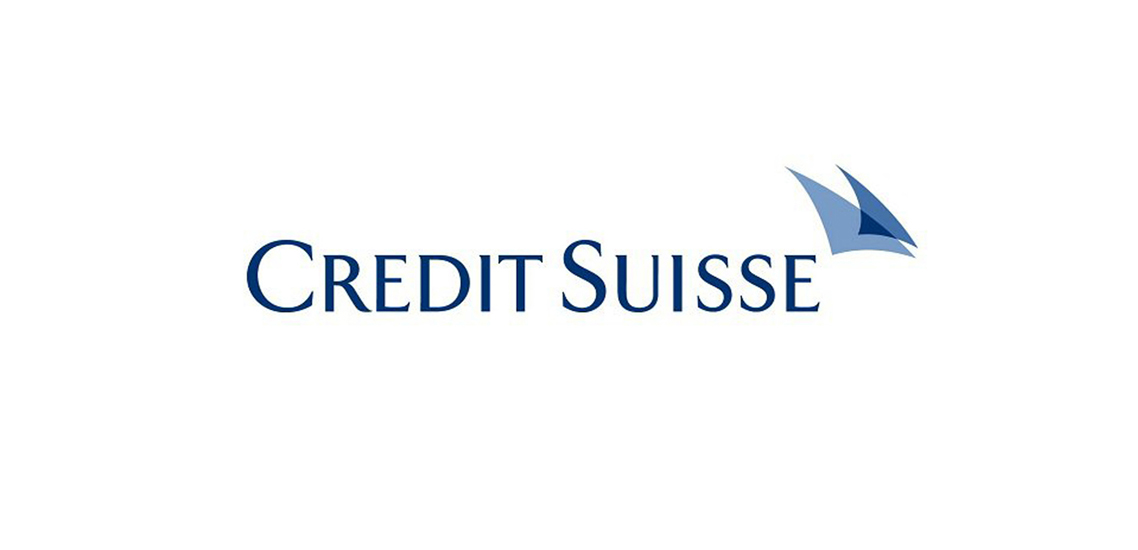“Money is worthless”, says Oswald Grübel, the ex-CEO of Credit Suisse. “Money is worthless”, says Oswald Grübel, the ex-CEO of Credit Suisse. During his banking career, Oswald Grübel headed both major Swiss banks, UBS and Credit Suisse. His interview in the NZZ am Sonntag (paywall article) was picked up by international media outlets from London to Australia: Negative interest rates are crazy. And they mean that money isn’t worth anything any more. As long as we have negative interest rates, the financial industry will continue to shrink. Is Oswald Grübel right? One thing is true, the Swiss National Bank introduced negative interest rates in 2015 in order to halt the
Topics:
Christian Mäder considers the following as important: credit suisse, Marc Faber, Money, Oswald Grübel, Schweiz, UBS
This could be interesting, too:
Bitcoin Schweiz News writes Droht der Schweiz das Finanz-Aus? Warum CBDCs und das Ende des Bankgeheimnisses alles verändern könnten
Christian Mäder writes Bitcoin Initiative: A Revolutionary Proposal for Switzerland
Bitcoin Schweiz News writes Bitcoin-Initiative Schweiz: Webseite des Komittees live!
Bitcoin Schweiz News writes Federal Council strengthens Switzerland as a blockchain location
“Money is worthless”, says Oswald Grübel, the ex-CEO of Credit Suisse. During his banking career, Oswald Grübel headed both major Swiss banks, UBS and Credit Suisse. His interview in the NZZ am Sonntag (paywall article) was picked up by international media outlets from London to Australia:
Negative interest rates are crazy. And they mean that money isn’t worth anything any more. As long as we have negative interest rates, the financial industry will continue to shrink.
Is Oswald Grübel right? One thing is true, the Swiss National Bank introduced negative interest rates in 2015 in order to halt the appreciation of the franc. This means that if you buy government bonds in Swiss francs, after a certain period of time you will receive less money than you originally invested. So what incentive is there to invest in bonds like this? Marc Faber once said in an interview that bonds in Swiss francs are still worthwhile as many investors expect a global devaluation of stocks and currencies. Therefore, your main aim is to lose the least; to keep your losses as small as possible.
What value does money have?
This is one of the key questions in economic theory, and one which has never been answered conclusively, since money has many functions and can be viewed from different perspectives. In current economic terms, it is defined as a means of payment, a way to store purchasing power, or a valuation of goods and services. Money is especially useful if it is forgery-proof, censorship-resistant and easy to exchange and/or send. These are all features that also apply perfectly to Bitcoin, however; the value of a coin or banknote does not matter.

